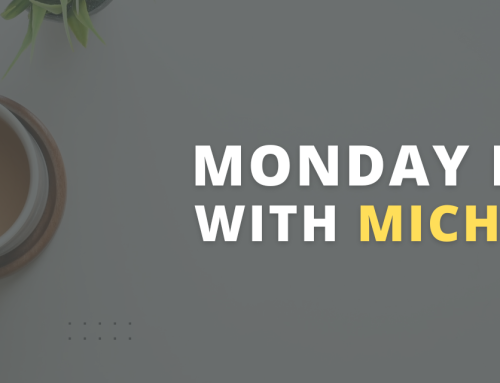Short-Form Video Ideas and Script Frameworks
Kick start your video content plan this year with these video ideas and script frameworks (and click here to download your copy of the scripts).
Real estate isn’t just an investment—
It’s an income-generating asset you can control.
Stocks? You ride the market.
Real estate? You set the rules.
It gives you:
- Cash flow from rentals
- Equity growth over time
- Tangible leverage you can use
The best part?
People will always need a place to live.
Will buying a home reduce my taxes?
It can:
- Deduct mortgage interest (especially early on)
- Deduct property taxes (up to $10k with SALT limits)
- Get credits for energy-efficient upgrades
But it depends:
- Do you itemize instead of taking the standard deduction?
- Does your income qualify for these benefits?
Who pays for closing costs when buying a home?
It’s usually the buyer, but not always.
Sometimes sellers cover part—or all—of the costs to sweeten the deal.
In some cases, lenders offer credits to offset them.
The key?
Know what’s negotiable and factor closing costs into your budget.
Btw, you don’t have to do it alone.
Comment “HOME” and I’ll help you directly.
Can you buy a home with no down payment?
Yes, it’s possible:
- VA loans: $0 down for eligible veterans
- USDA loans: $0 down for rural properties
- Down payment assistance programs: Grants or loans for first-time buyers
No down payment doesn’t mean no costs,
But it can mean fewer barriers to homeownership.
The key is knowing your options.
How do you make sure you’re not overspending?
Try the 50/30/20 rule:
- 50% for needs (housing, food, bills)
- 30% for wants (entertainment, dining out)
- 20% for savings or debt repayment
It’s not about restricting your life—it’s about spending with purpose.
Is there an easy way to start saving money each month?
Automate it.
Set up a transfer to your savings account right after payday—
Even $20 adds up over time.
Saving isn’t about big sacrifices.
It’s about consistency that works in the background.
What’s the easiest way to get out of debt?
Start small.
- Focus on your smallest balance first (Debt Snowball)
- Or tackle the highest interest rate first (Debt Avalanche)
Automate payments.
Cut unnecessary expenses.
Use every extra dollar to chip away at it.
The key? Momentum.
Small wins lead to big freedom.
Tired of being broke at the end of every month?
These apps can help you fix it:
- GoodBudget: Tracks every dollar so nothing gets wasted.
- YNAB (You Need a Budget): Builds a plan for your money before you spend it.
- PocketGuard: Shows exactly what you can afford after bills.
Stop wondering where your money went—take control.
Ever wonder why you keep regretting your purchases?
It’s because you’re chasing impulse, not value.
Ask yourself these 3 questions before buying anything:
1. Does it improve my life or just my mood?
2. Will it matter a year from now?
3. Is it helping me reach a goal?
When your money reflects your priorities,
You stop regretting and start building.
5 of the best books to take control of your money and build wealth:
- “Rich Dad Poor Dad” by Robert Kiyosaki: Shift your mindset about money.
- “The Total Money Makeover” by Dave Ramsey: Practical steps to get out of debt.
- “I Will Teach You to Be Rich” by Ramit Sethi: A no-BS guide to personal finance.
- “The Millionaire Next Door” by Thomas J. Stanley: Learn how the wealthy really live.
- “Think and Grow Rich” by Napoleon Hill: Master the psychology of wealth.
Your financial education starts here.
—–
610-432-0900 | info@themichaelmannteam.com
Schedule a meeting with Michael to discuss closing more business as a real estate agent.
Connect with us on social!

